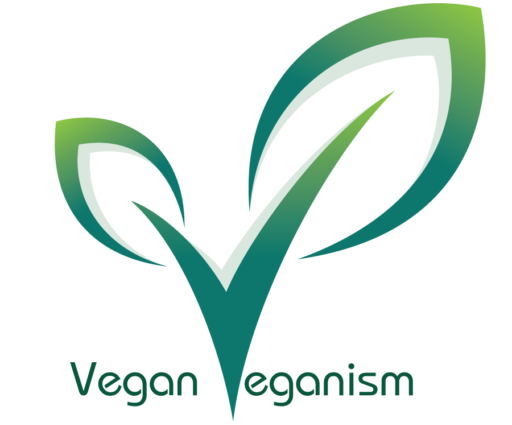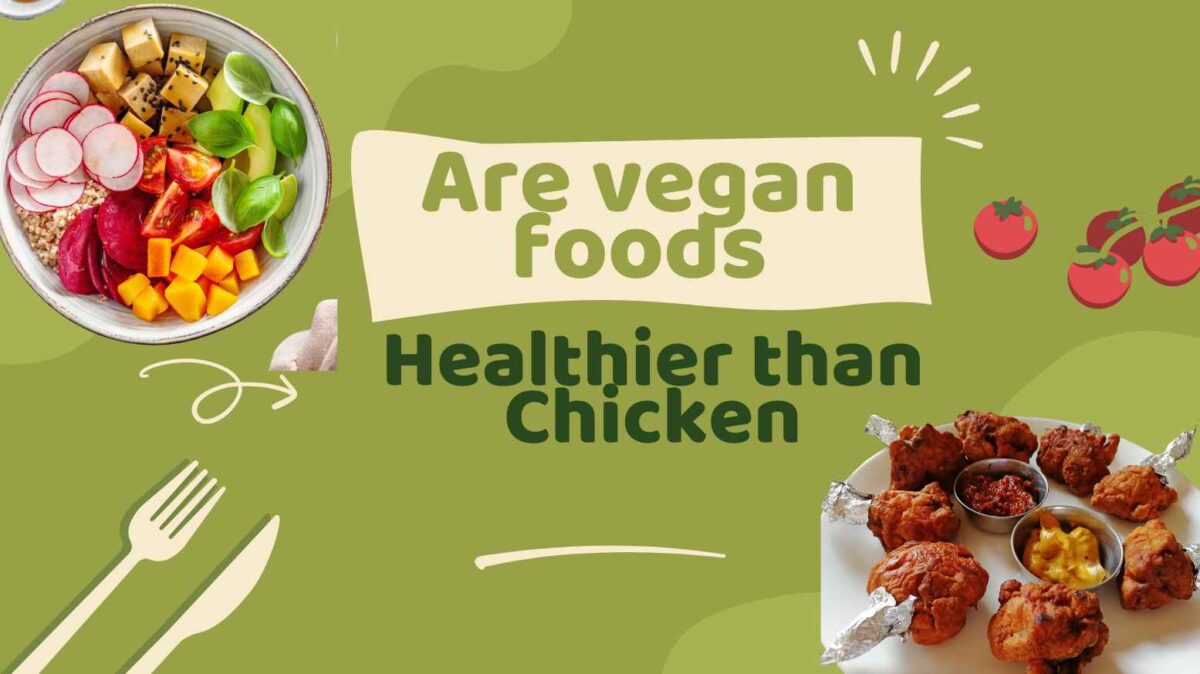A well-balanced vegan diet is particularly high in important vitamins, minerals, and fiber, making it nutrient-dense. A wide variety of plant-based foods, including fruits, vegetables, legumes, nuts, and whole grains, are included in this dietary option.
These ingredients provide a variety of essential minerals, phytochemicals, and antioxidants. However, chicken is acknowledged as a good source of lean protein and a good source of important minerals, including iron, zinc, B vitamins, and amino acids.
Protein
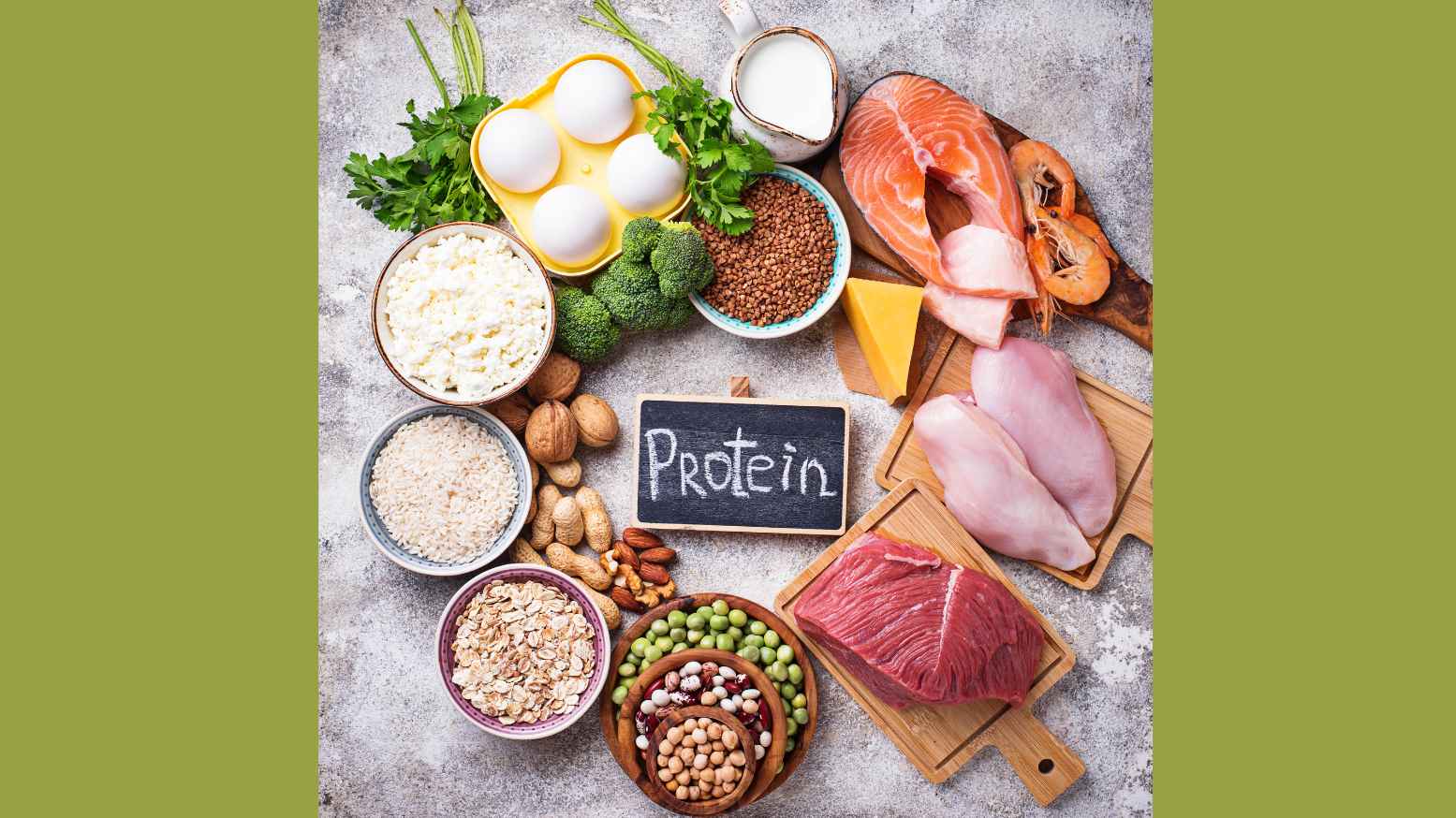
Plant-based diets are rich in protein from a variety of sources. Some, meanwhile, might not contain some vital amino acids. To solve this, vegans might combine several protein sources, such as grains and beans, to ensure a complete amino acid profile. Conversely, chicken is regarded as a complete protein since it contains all of the necessary amino acids in one meal.
Fat Content
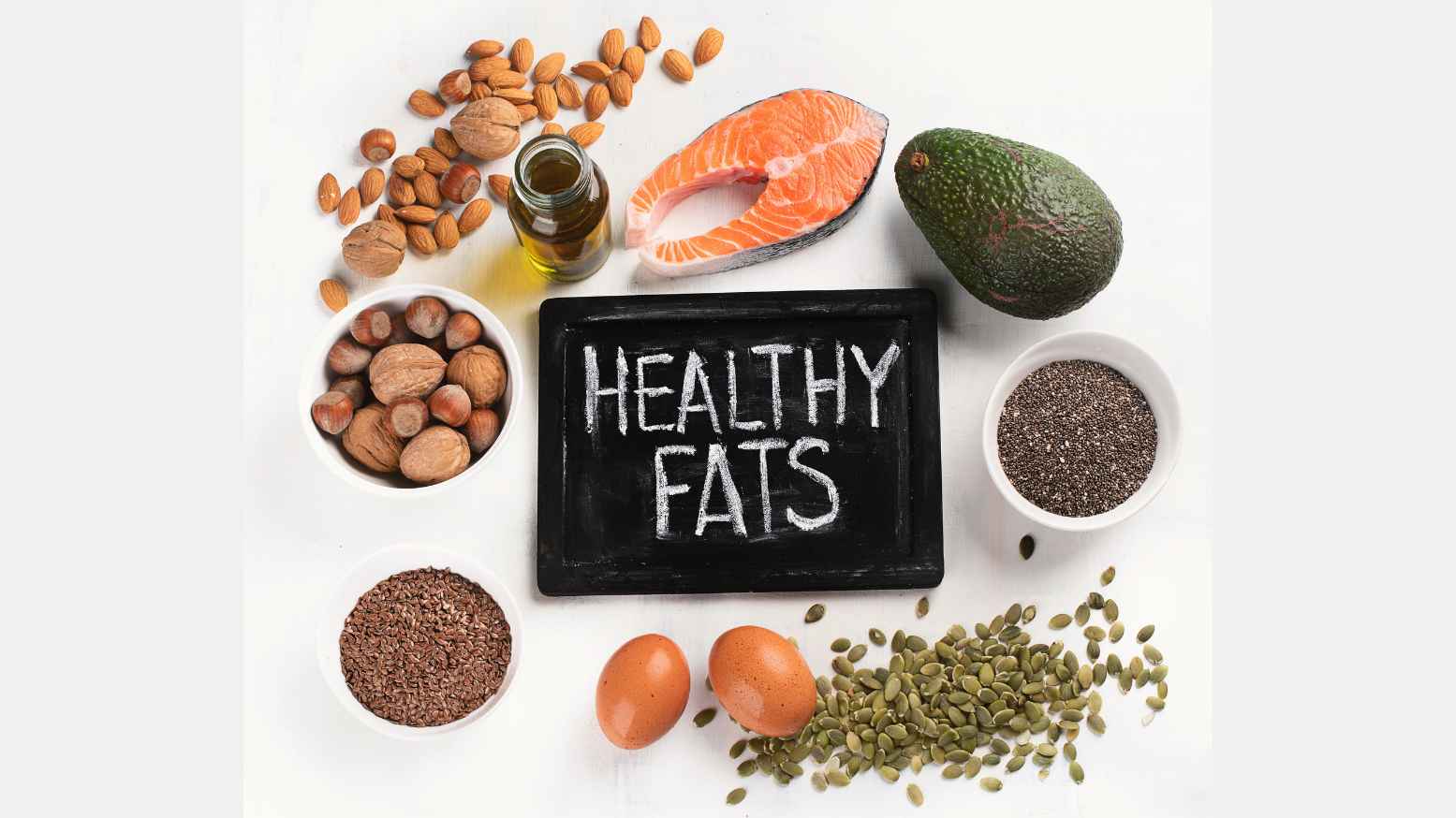
Many plant-based choices are low in cholesterol and saturated fat when it comes to fat levels. Avocados, almonds, and olive oil are common sources of healthy fats in vegan diets. On the other hand, chicken is known for having minimal saturated fat content and lean protein, particularly in skinless chicken breasts.
However, because dark meat and chicken skin contain more fat, attention is suggested when handling them.
Cholesterol
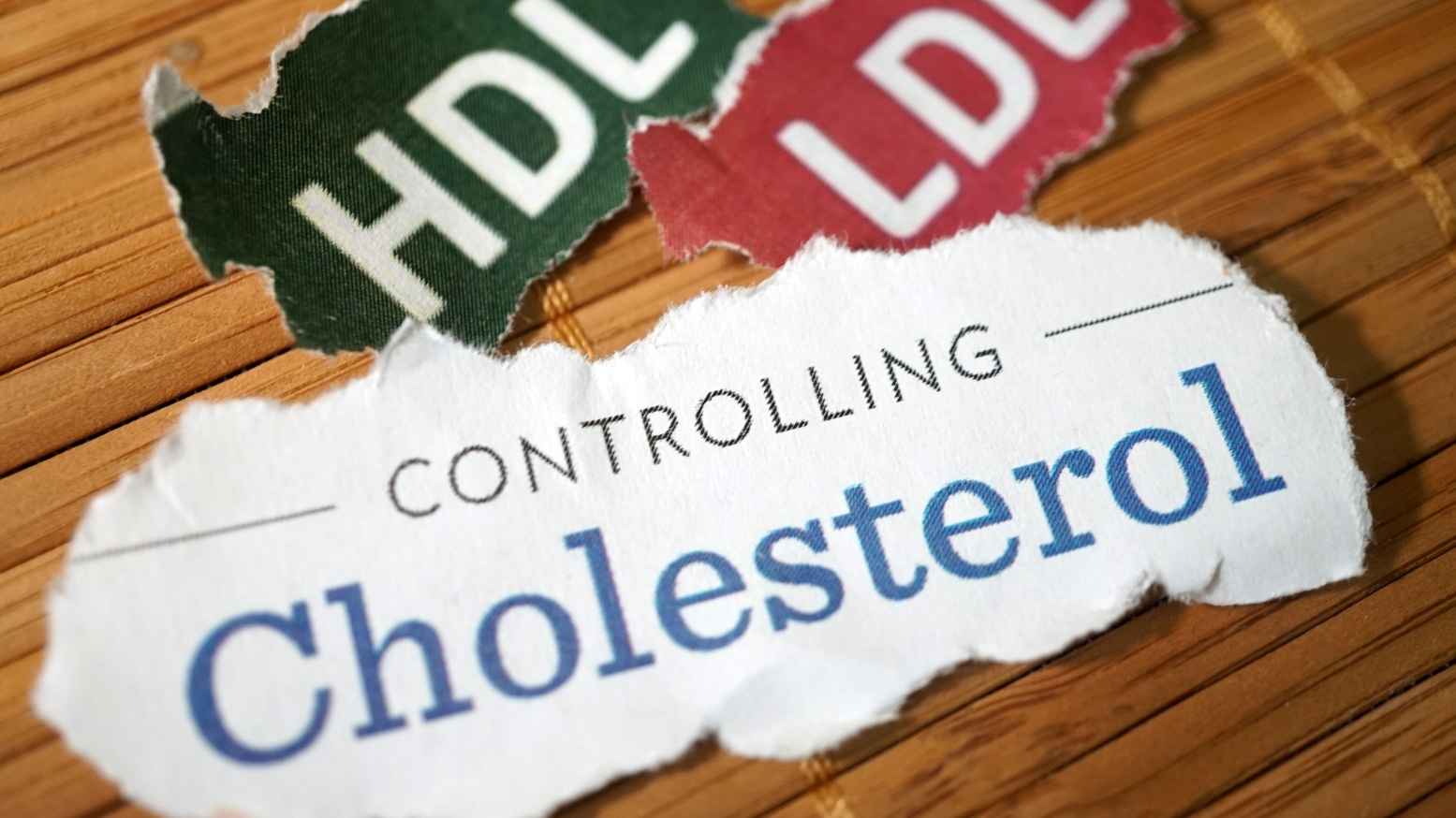
There is a noticeable variation in the amount of cholesterol. Vegan foods are completely cholesterol-free, but chicken—especially the skin—contains dietary cholesterol.
Effect on the Environment
Plant-based diets, by their very nature, have a smaller environmental imprint. They are less taxing on the environment than raising chickens for food since they require less land, water, and energy.
Health Hazards
In terms of health concerns, a vegan diet that is carefully thought out is typically regarded as healthful. On the other hand, possible deficits in specific nutrients, such as iron, omega-3 fatty acids, and vitamin B12, may occur and need to be carefully managed.
Conversely, the high fat and sodium content of processed or fried chicken can increase the risk of heart disease if consumed in excess.
Food Security
Plant-based foods are generally regarded as safe when prepared correctly. On the other hand, raw chicken increases the risk of bacterial infection, including salmonella, thus careful cooking methods are required.
Evaluating the inherent health benefits of vegan cuisine concerning chicken requires a sophisticated methodology. Every dietary plan has its mix of benefits and drawbacks, and the best option will vary depending on personal requirements, tastes, and lifestyle factors. The main factors to take into account are the nutritional breakdown, prospective health benefits, and different difficulties related to each dietary option.
To put it simply, people need to carefully consider these aspects to make unique decisions that are in line with their overall well-being.
You may also like:
- What are the most common excuses non-vegans make for not being vegan
- Does a vegan diet have better effects on your health than one containing meat
- What are some ways I can start a vegan diet if I love to eat meat
FAQs
1. Is a vegan diet always healthier than eating chicken?
There’s no simple answer. Both have pros and cons: vegans get more fiber, vitamins, and antioxidants, while chicken offers readily available protein and certain minerals. Ultimately, the “healthier” choice depends on individual needs and the quality of each diet (e.g., processed vegan vs. lean chicken).
2. Do vegans get enough protein?
Yes, but it requires planning. Plant-based proteins like beans, legumes, and nuts lack all essential amino acids individually. Combining them like rice and beans ensures a complete amino acid profile.
3. What about cholesterol?
Vegan foods are cholesterol-free, while chicken (especially skin) contains cholesterol. This can be beneficial for heart health for some, but overall diet plays a bigger role.
4. Is a vegan diet more environmentally friendly?
Yes, generally. Raising animals requires more resources and produces more greenhouse gasses. However, individual choices within each diet (e.g., locally sourced chicken vs. imported avocados) also matter.
5. Are there any health risks to consider with a vegan diet?
Nutrient deficiencies like iron, B12, and omega-3s can occur if not planned for with fortified foods, supplements, or guidance from a dietitian.
6. Is chicken safer to eat than plant-based foods?
Properly prepared plant-based foods are safe. However, raw chicken carries risks of bacterial infections like salmonella, requiring careful handling and cooking.
